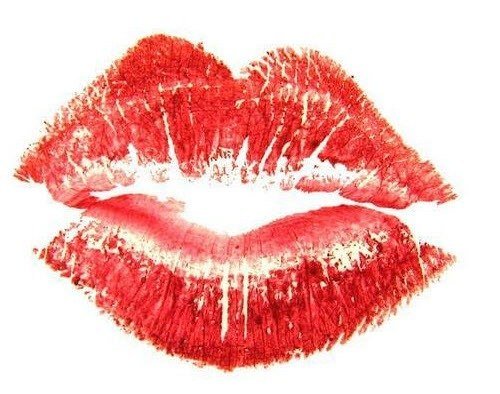When you share a kiss with your lover, you may be revealing a lot more than you realise.

Locking lips not only stimulates our senses, it also gives us subtle clues about our suitability as mates, US scientists have found. A man's saliva has a "cocktail of chemicals" hinting at his fertility and evolutionary fitness, they said at a conference in Chicago. That may be why the first kiss is often the last - "the kiss of death".
Primitive instinct.
"Kissing is a powerful adaptive mechanism - otherwise we wouldn't see it all over the world. Over 90% of human societies practice kissing," said anthropologist Helen Fisher, of Rutgers University in New Jersey, at the annual conference of the American Association for the Advancement of Science (AAAS) in Chicago.
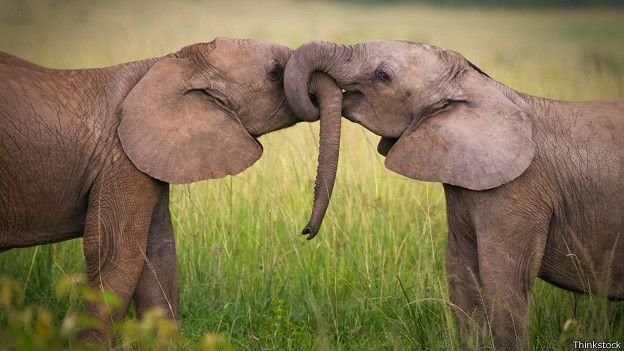
"Chimpanzees and bonobos kiss. Foxes lick each other's faces.
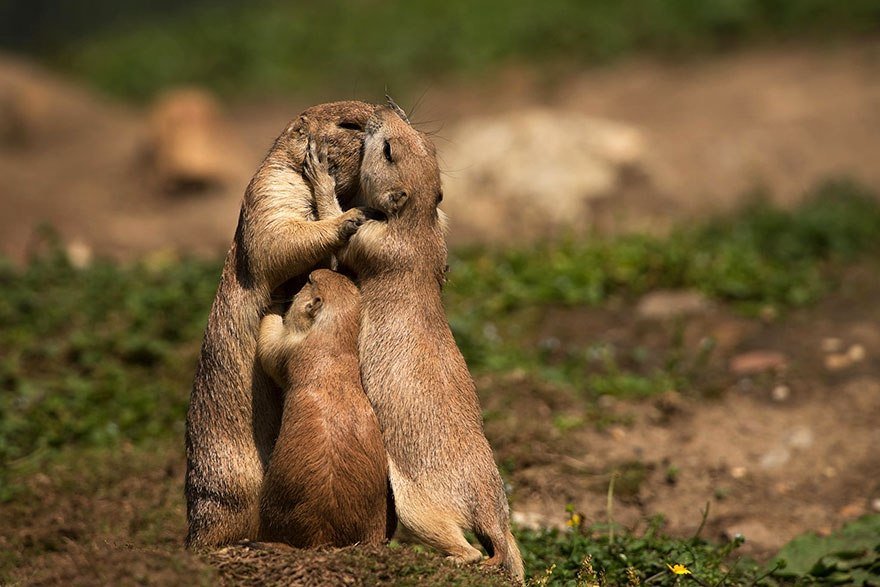
Birds tap their bills together and elephants put their trunks in one another's mouths.
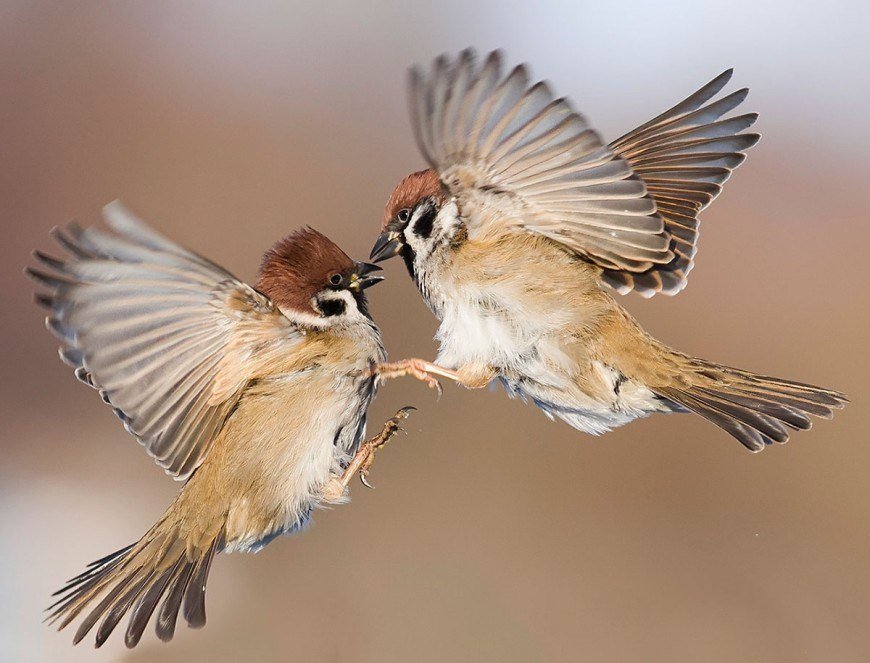
"So why do we do it? I think it is a tool for mate assessment.
When you kiss, you can touch, see, feel, taste somebody. A huge part of our brain lights up.
"This is a real assessment tool - and can be highly positive or highly negative. In one study, 66% of women and 59% of men had experienced a first kiss which killed the relationship.
It was the kiss of death."
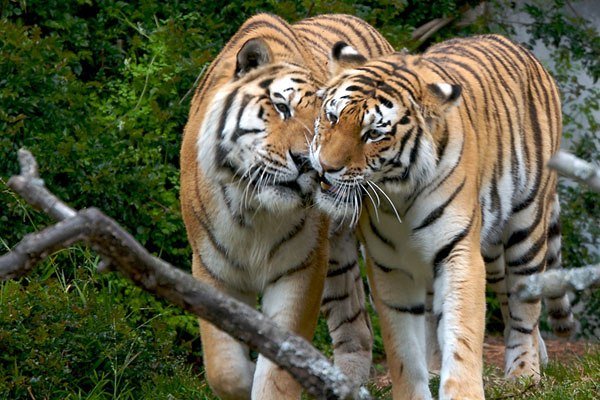
Chemical bond
As well as acting as a "screening" mechanism for potential mates, Dr Fisher believes kissing evolved to stimulate what she has described as the three key brain systems for mating and reproduction.
The first of these is sex drive.
"Male saliva has testosterone in it. And men as a group seem to like wet kisses, with an open mouth and more tongue action.
"So it may be that, unconsciously, they are attempting to transfer testosterone - to trigger the sex drive in women and push them into being more sexually receptive."
Men also have a poor sense of smell, she said, so by open mouth kissing "they might be trying to pick up traces of a woman's oestrogen cycle, to figure out the degree of her fertility."
The second mechanism is romantic love.
"Kissing is novel, at least at the beginning of a relationship, and novelty stimulates dopamine - which is associated with romantic love," said Dr Fisher.
Finally, kissing promotes what she referred to as "attachment" or "pair bonding".
It helps us to stay together "at least long enough to have children," she said.
To study the chemistry which underlies kissing and pair bonding, neuroscientist Dr Wendy Hill, of Lafayette College, recruited a group of college students.
The young lovers - 15 couples in all - were then split into two groups.
Some were asked to smooch for 15 minutes, to the soundtrack of relaxing music.
The others sat holding hands and talking.
Romantic setting?
"Afterwards, we measured the changes in their levels of cortisol - a stress hormone - in their saliva.
"Levels had declined for everyone in the kissing group.
And the longer the relationship, the lower the cortisol."
Give more kiss loved! All you need is love!)))
